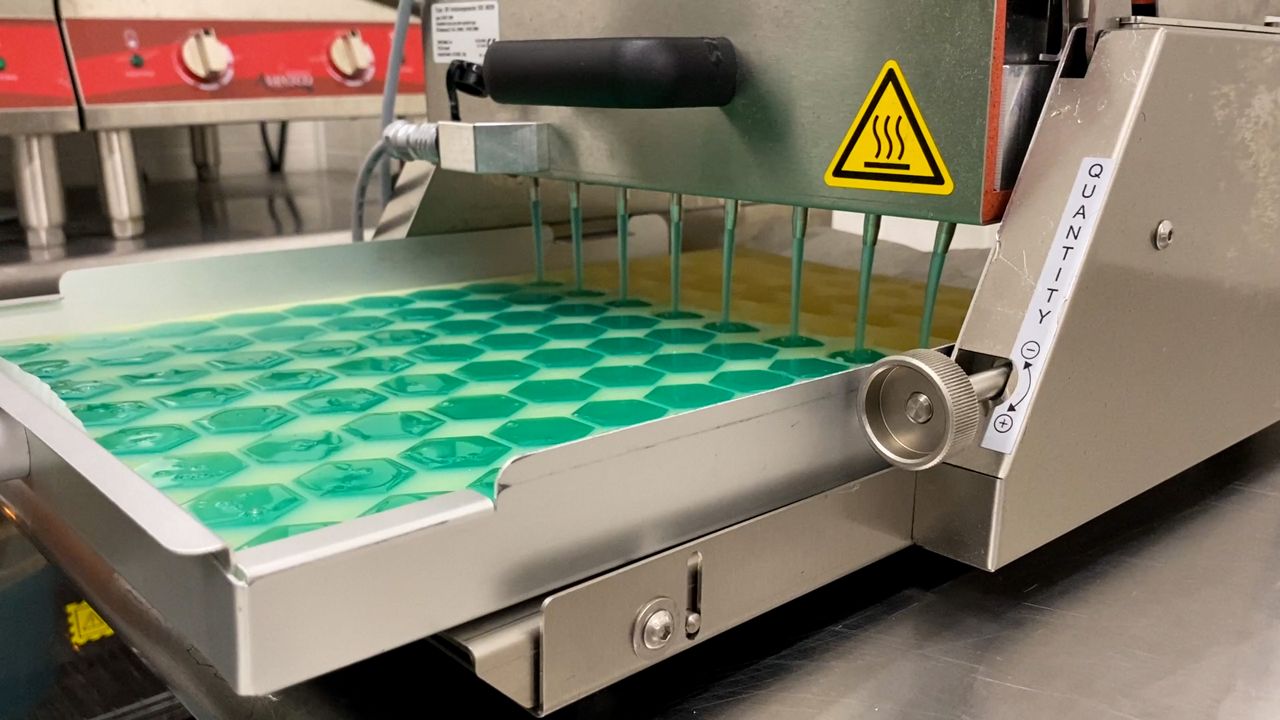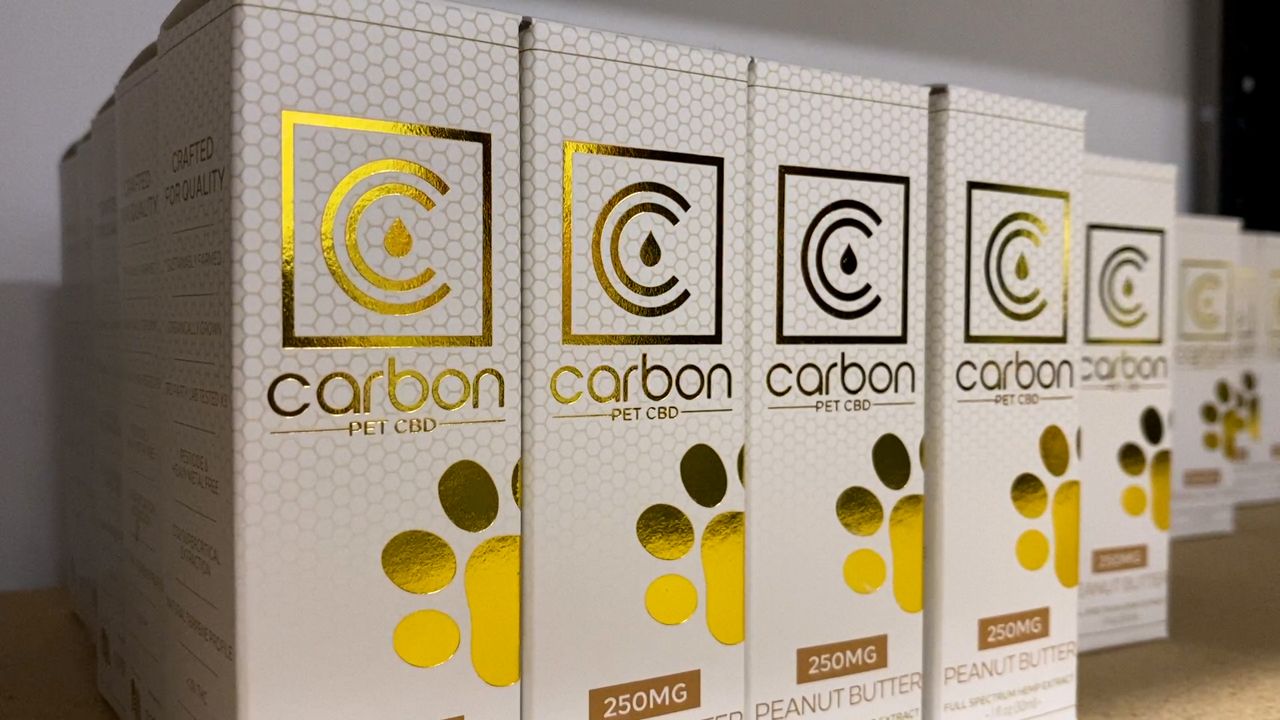LA CROSSE, Wis. — All of Wisconsin’s neighbors have some form of legal marijuana, and after Tuesday, three out of four will allow recreational use.
There won’t be a so-called "green rush" in Minnesota, at least not right away. While possessing and growing recreational marijuana becomes legal for residents there on Aug. 1, most businesses can’t pop up until lawmakers figure out a regulatory and licensing process, which could take another 12 to 18 months.
Carbon Cannabis in La Crosse is a processor near the Minnesota border. The company, which started in 2019 after the Farm Bill was signed into law, manufactures CBD and THC hemp items for retailers in Wisconsin, as well as its own line of products sold online.
President and CEO Austin Wszolek said there likely won’t be a noticeable impact on his business, at least not until retail licenses become readily available in Minnesota.
“The immediate effect on my business isn’t a ton, but as retail opens, and as it becomes more of a regulated program, obviously our border customers are going to lose part of their business.”
As a processor, flower and smokable products haven’t been something Wszolek has been able to deal with, so the legal changes aren’t huge for his day-to-day operations.

“Some of the products we’re selling now are going to be the same things you can buy in Minnesota, just without the taxing,” Wszolek explained. “We’re still going to be in a positive position there where people aren’t necessarily going to have to go across the border for edibles. When you start talking about smokable and vapable products, that’s when you’re going to see a lot of that business transition over to Minnesota.”
When that time comes, Wszolek said exploring business opportunities across the border isn't out of the question for him, but he plans to wait until more legal details get sorted out.
“Without Minnesota having their committees established and having those hard details in place, I don’t think it’s smart for anybody to commit to a specific location or a specific business until you know that you’re going to be allowed to,” Wszolek said.

In Minnesota, recreational marijuana will be allowed for those ages 21 and older. Minnesotans will be allowed to have up to two pounds at home and carry no more than two ounces in public. There is also a process to have past marijuana-related misdemeanors expunged.
Similar proposals have been floated in Wisconsin, but the Legislature remains heavily divided.
Democrat Gov. Tony Evers has included some form of cannabis legalization in all three of his budget proposals so far, arguing it is a fiscal issue that would boost revenue in the Badger State.
According to a memo from the nonpartisan Legislative Fiscal Bureau (LFB) released earlier this year, Illinois cashed in on nearly $36 million in tax revenue during 2022 from cannabis sales to Wisconsinites.
Though Republicans have been heavily opposed to legalization, some members of the caucus want to pass medical use, which could be debated later this fall.



